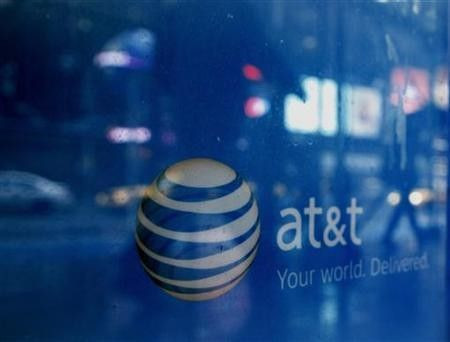AT&T, T-Mobile Merger Failure a Big Win for Justice Department

Although the U.S. Department of Justice may have called AT&T's decision to end its $39 billion bid for T-Mobile USA a win for consumers, it should probably give itself a pat on the back.
The AT&T/T-Mobile is the third high-profile merger the Justice Department has successfully defeated in 2011. Nasdaq OMX (Nasdaq:NDAQ) and IntercontinentalExchange (NYSE:ICE) dropped their joint bid to buy NYSE Euronext (NYSE:NYX) back in May when the department threatened a lawsuit, while a federal judge in November sided with the department in blocking H&R Block's bid to purchase low-cost rival TaxACT.
The general view was that this was another big win for the Justice Department, Keith Hylton, a professor at Boston University School of Law told the International Business Times.
The Justice Department may not be finished. Shortly after the announcement that the AT&T/T-Mobile merger would fall through, news reports began to surface that the department was looking into recent wireless spectrum deals that Verizon Wireless recently announced with SpectrumCo and Cox Communications.
The perceived attention the Obama administration has paid to mergers may stem from a shift in priorities, Bruce Schneider, a partner at Stroock, Stroock & Lavan who specializes in antitrust cases, told IBTimes.
When Obama first took office, he was colored by economic concerns, Schneider said. It's just recently that more attention has been turned to mergers.
The Justice Department filed its lawsuit against the AT&T/T-Mobile merger in August, citing concerns that the consolidation ultimately would lead to weaker service and higher prices for consumers. The trial was expected to begin in the early months of 2012 unless the two companies were able to restructure the deal to appease regulators.
The major mergers that didn't go through in 2011, and particularly the AT&T/T-Mobile case, won't necessarily reflect how future deals progress. One factor that seems to have deterred AT&T from going further is the fact not one, but two government entities -- the Justice Department and the Federal Communication Commission -- opposed the deal.
AT&T may have continued fighting the deal if it only had to go up against one of the two regulators, Hylton said.
For AT&T and T-Mobile, getting through two regulators was clearly going to be a costly battle, and it became increasingly clear over time the chances of the companies winning in court were dwindling. According to Hylton, companies considering mergers have to account for missed opportunities to pursue agreements with other companies when figuring out whether to fight the government.
This time, the government had too strong of a hand, Hylton said.
© Copyright IBTimes 2025. All rights reserved.





















